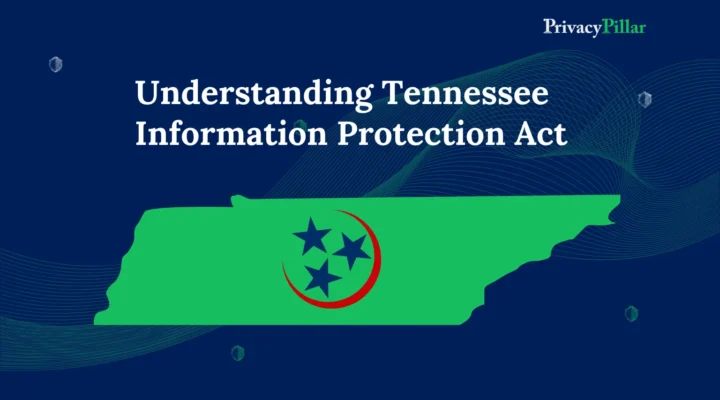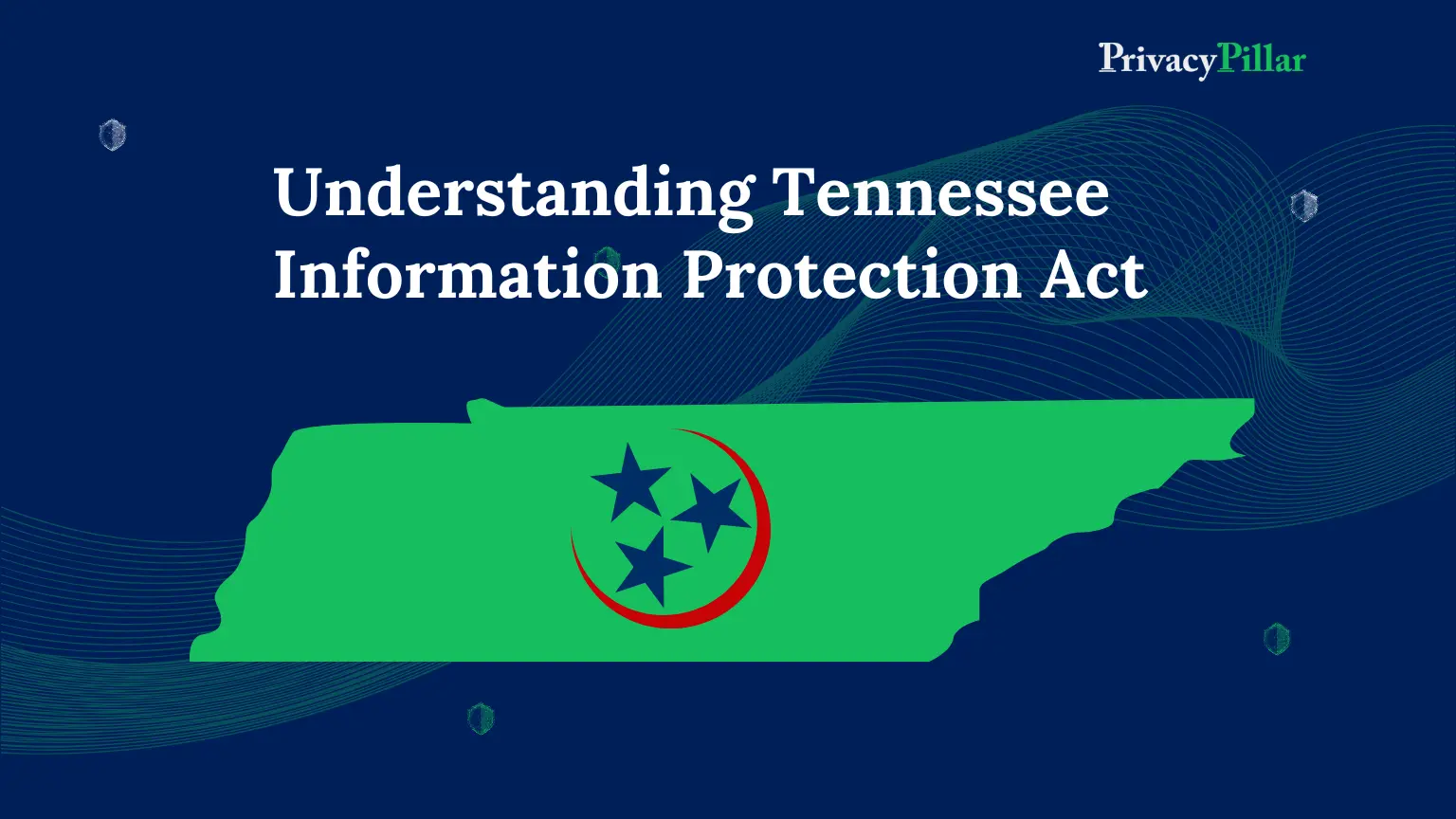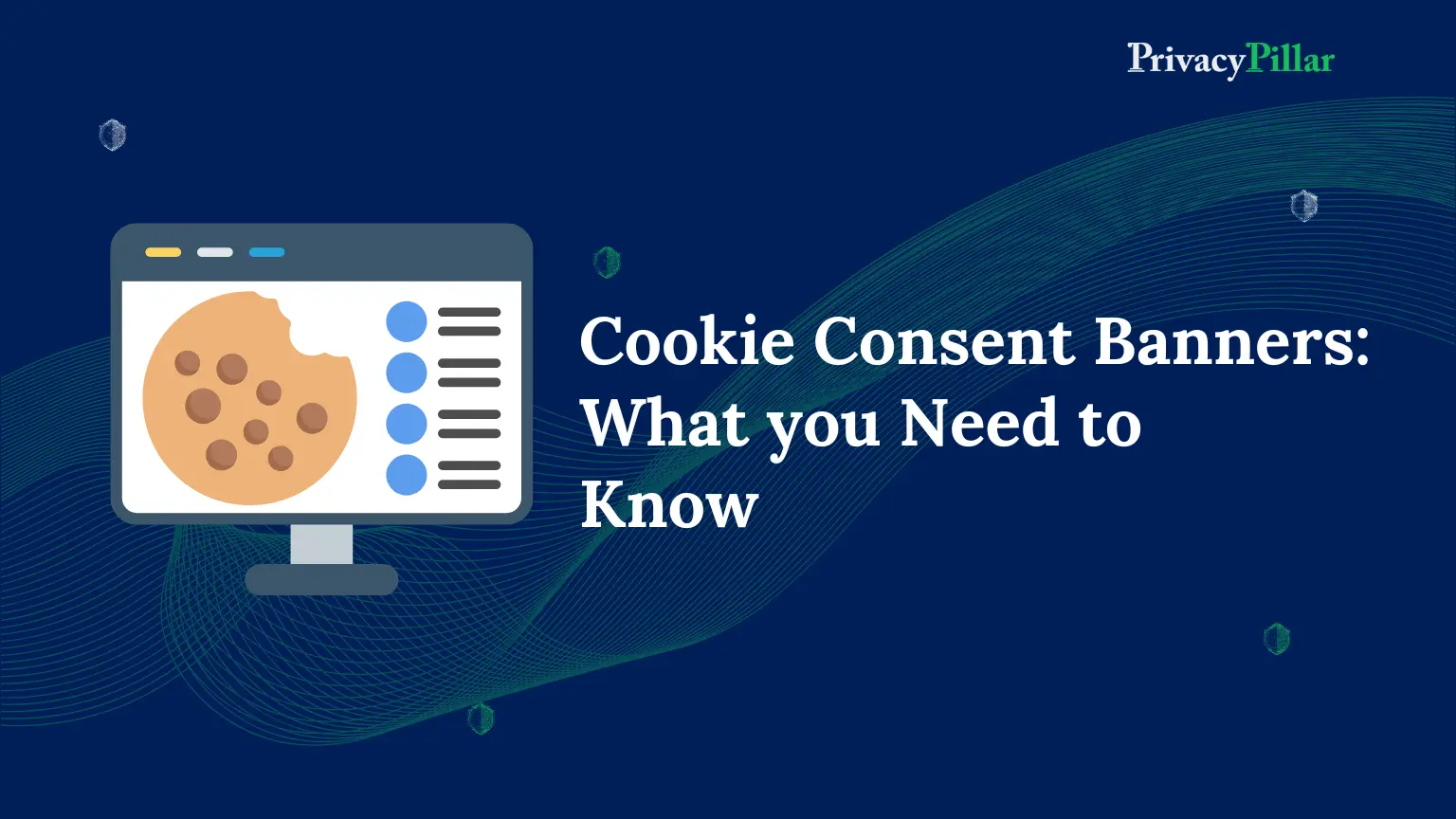
Understanding CCPA Privacy Policy Requirements: Do you need one?
Vast volumes of personal data are collected and stored by organizations to offer services and improve them over time.
As long as consumers receive services that are constantly being improved, they need to be made aware of what data is being collected or used.
Data privacy is a topic that worries internet users more than ever, and with good reason.
Every app we download, social media site we use, and website we visit; more or less collects our personal information without our consent.
Data breaches continue alarmingly, even as nations rush to pass laws protecting data privacy.
As per Exploding Topics, a recent study, 10,000 respondents from 10 nations discussed their data privacy views. Most people claim they wish to take more steps to protect their privacy.
Given the rising incidents of data breaches and privacy violations, businesses must understand the significance of their customers’ data and obtain their consent before sharing or selling their data to third parties for commercial reasons.
To achieve this, it’s essential to comprehend and adhere to various data governance laws, including CCPA.
The California Consumer Privacy Act (CCPA) intends to increase consumers’ access to, control, and visibility of their data.
The California Consumer Privacy Act (CCPA) became law four years after implementing the General Data Protection Regulation (GDPR).
The recent California privacy law quickly formed and defined its concept around consumer-related data while following closely on the heels of the GDPR.
This article will help you learn more about the CCPA policy, CCPA privacy policy, CCPA privacy notice, and CCPA privacy notice requirements.
What is personal information as per CCPA?
CCPA defines personal information or “PI” as “Information that identifies, relates to, describes, is reasonably capable of being associated with, or could reasonably be linked, directly or indirectly, with a particular consumer or household.”
The word “information” can be objective or subjective, depending on the category.
The outcomes of a blood test or other medical data are examples of accurate information.
Banks and insurance businesses typically collect subjective data, such as “Mr. Y is a trustworthy borrower.”
This means some information can be categorized as personal without being independently validated as accurate.
Names, addresses, and birthdates are not the only forms of personal data.
Data that complies with the CCPA guidelines may appear as photographs, audio recordings, or other personal information.
The following categories can be used to categorize personal data:
- Internal
- External
- Financial
- Social
- Historical
- Tracking
(graphic ref- https://securiti.ai/blog/ccpa-types-of-personal-data/)
Inferences about a consumer’s preferences, traits, psychological patterns, predispositions, behavior, attitudes, IQ, abilities, and aptitudes are examples of inferences that could be made from personal data.
The CCPA counts any information acquired about an individual as personal data, even though this monitoring equipment was not explicitly created to track people.
What information is not regarded as personal?
Although the term “personal information” has a broad scope, the following are expressly excluded:
- Information that is accessible to the general public or data that can be found in local, state, or federal government documents.
- Information that has been anonymized, de-identified, or aggregated and cannot be directly attributed to an individual.
Why is understanding this difference significant for your business?
To better comply with the CCPA, businesses should understand and use its definition of personal information to develop an efficient system of record.
Personal data will likely be misclassified from the beginning without prior knowledge of correctly identifying Personal Identifiable Information or PII.
Organizations may underestimate or overestimate the amount of personal information they hold due to misclassified data.
Additionally, it can result in varying definitions of personal data, making it more difficult to get personal data for privacy use cases.
The correct classification of personal information supports the following privacy use cases:
- Disclosures: Make the public aware of what sorts of consumer personal information are collected and why.
- Consumer rights requests: Regardless of whose privacy manager or data steward approves the request, respond to all relevant data subject requests promptly, confidently, and consistently.
- Policy enforcement: Knowing what personal information is available and where it is can help organizations monitor and adopt data use regulations.
Who is subject to CCPA?
Whether the customers are California residents or not, the CCPA application is for any business operating in California that collects customer personal information and data, processes it, or shares it with other third parties for commercial gain.
Additionally, a business must fit into at least one of these three CCPA privacy notice requirements to be subject to it:
- Any business that generates more than $25 million in gross annual revenues.
- The business collects data from over 100,000 Californians, households, or computing devices yearly and sells, purchases, or shares it.
- More than half of the business’s annual revenue comes from the sale of the personal data of California citizens.
When a business meets these conditions, it must abide by the CCPA or face the consequences.
Even though this may have a limited scope and leaves out many businesses, experts have calculated that up to 500,000 firms worldwide may need to abide by the CCPA.
This is primarily due to California’s economic and demographic influence and that of its enterprises.
There’s a good possibility that a business interacts with at least some Californians, whether it operates online or in the worldwide market.
Benefits of CCPA to consumers and businesses
To give consumers more control over their data, the CCPA was created. Consumers now have more control over their data because of the protections present in the CCPA.
1. Consumers have the right to free, twice-yearly access to businesses’ data about them.
2. Consumers can decide what should be done with their data, whether to sell it or not.
They may also demand that businesses delete their data.
3. The CCPA can fine an organization from $2500 to up to $7500 for each incident where personal information about a consumer is stolen due to a security breach.
Given the number of records businesses keep, these penalties might amount to millions or even billions of dollars for each data breach.
Children under 16 must voluntarily consent to collecting their data. This rule protects the privacy of minors.
The CCPA ensures that businesses are transparent with their customers.
Companies must now be transparent about the data they hold and refrain from selling it without the consumer’s permission.
Data selling is more constrained since customers can refuse data collection, which pushes businesses to collect their data on a first-party basis.
Companies now need to know the exact source of their data and have access to more accurate data due to this strategic change.
Utilizing this original data can help businesses better target their marketing efforts and reach their target market.
Conclusion
By providing consumers with more control, visibility, and transparency over their data, the CCPA was established to protect consumer data.
The enhanced level of security reduces the likelihood of data breaches, identity theft, and the misuse of PII (Personally Identifiable Information) by improving how AdTech and data brokerage organizations store and process data.
Thanks to these laws, consumers now control how businesses use their data.
Also, businesses that follow the CCPA’s regulations tend to have stronger relationships of trust with their customers.
Your duty as a business is to respect your consumers’ privacy and ask for their consent before using their data for any purpose.
This way, you can not only adhere to the data governance laws. Still, you can also turn customers’ consented data into profits, as gaining permission to access data is the key to the growth of your business.
Ensure your business has a robust structure to comply with the CCPA and prevent legal action and penalties.



